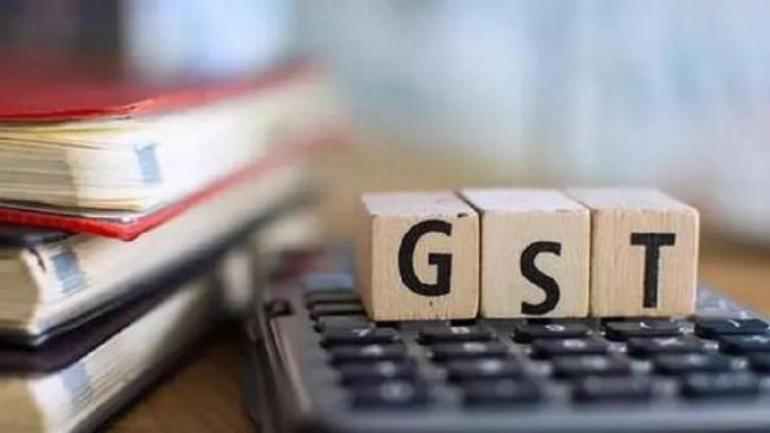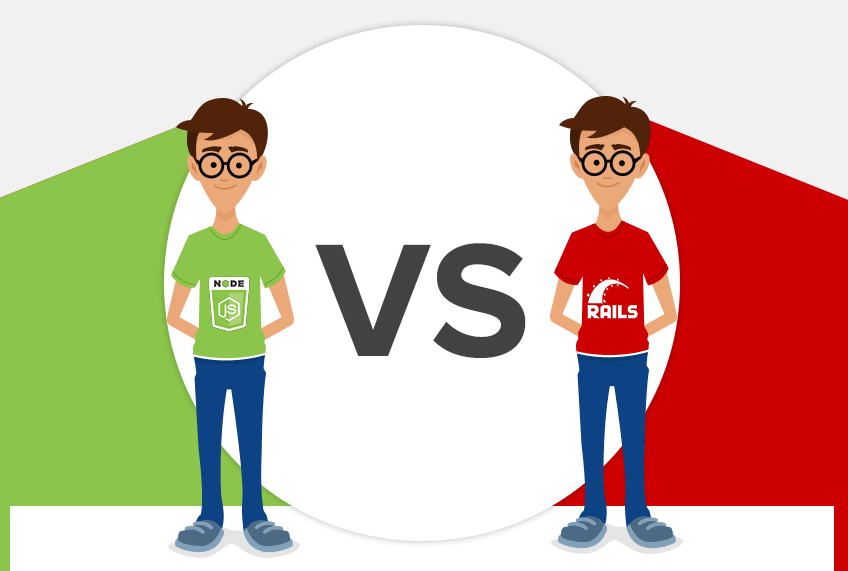Retail and institutional investors can purchase and sell shares with the help of a sub-broker. You cannot just do trading directly on your own. There are certain rules and regulations which determine who can directly trade the shares. Therefore the companies or individuals resort to the stockbrokers for trading purposes. This Sub broker Under GST review article will tell you that just like any other business, sub-brokers also need to pay GST.
Now, how this whole process works, is something we will be talking about in this review.
Sub-broker under GST Details:
A sub-broker is not a Stock Exchange’s trading member but he/she acts its behalf of the depository participant to assist the investors while dealing with various investment instruments. Since the sub-broker acts on the behalf of the stockbroking company to provide services to the investor as well as the broker, he is considered as an “agent” as per the Section 2(5) of the CGST Act.
It is mandatory for him to register under Section 24(vii) of the CGST Act, 2017 and fulfil all the GST compliances.
Whenever a sub-broker gets some brokerage by providing stockbroking services to his clients, he needs to pay GST on his earnings. In case the brokerage amount is delayed or there are some obligations related to the settlement or margin trading facility, there will be certain interest or delayed payment charges that the clients will pay the sub-broker.
On this amount also, GST is applicable.
Just as the persons doing business have to pay GST, the same is the scenario with the sub-brokers. It is because they are engaged in providing stockbroking services to the retail as well as institutional investors. The sub-brokers’ earning involves a brokerage or a certain fixed portion of the total revenue generated by the clients, on which GST is applicable.
According to the CGST Act’s Section 15, the sub-brokers do not need to pay GST for any recoveries, provided they meet the pure agent conditions. Whenever a client delays in making any payment, then the sub-broker charges him a certain amount for settlement obligations. Besides this, he also earns interest and gets a certain amount from the margin trading facility. All these do not attract GST because of falling under the category of extending loans or advances.
While dealing with foreign clients such as the Non-resident Indians, Persons of Indian Origin, Foreign Portfolio Investors, etc, the sub-broker will earn brokerage. The State tax and Central tax or the Union Territory tax will be applied as the case may be, for inter-state supply.
If a person has paid the integrated tax on the inter-state supply which is actually an intra-state supply will receive a refund of the same. But if a person has paid Central tax as well as State tax or Union Territory tax on an intra-state supply which is actually an inter-state supply, then he won’t have to pay any integrated tax.
Suppose integrated tax has been paid instead of the Central tax and State tax or Union Territory tax, then the registered person will get a refund of the integrated tax. This person has to pay the Central tax and State tax or Union Territory tax. Similarly, when the Central and State tax or Union Territory tax has been paid instead of the Integrated tax, he will be refunded the same and need to make the payment of Integrated tax.
When the sub-broker receives the margin money from the client during stockbroking, it does not attract GST. Suppose he receives any funds or securities in advance for the potential orders from clients, then this comes under the deposit category as section 2(31) of the CGST Act, 2017. Only when the sub-broker considers them for supply in his account books, they will be regarded as the payment for such supply.
As per the CGST Act,2017, the securities can neither be considered as services nor goods. So, these do not need the payment of GST. In the case of mutual funds, GST has to be paid on the exit load paid by the client to the sub-broker.
Sub Broker Under GST – Things to Be Known
Under the CGST Act, 2017, securities are not considered to be services or goods. So, they are considered to be nontaxable supply as per section 2(78) of the CGST Act, 2017.
In case of mutual funds, the exit load that the client pays the sub-broker in the form of fee attracts GST. If it is in the form of units in the fund, the consideration which has been obtained in the form of money was converted to NAV units.
The sub-brokers provide various other services to the clients which include Depository services, Portfolio management services etc. In this case, it is essential to consider various factors such as the nature of these services, production process nature, customer class for whom these services are meant, regulatory environment nature and the methods used for its distribution.
According to section 25(2) of the CGST Act, 2017, it is on the sub broker’s discretion to get the business registered separately.
By mentioning the GST amount, a sub-broker can provide bills as well as contracts under the general stock exchange mechanism. According to Section 31(2) of the CGST Act, 2017, he will have to issue a tax invoice.
There is no stamp duty on the sale and purchase of a security by the trading members or investors.
Conclusion
With this, we would like to wrap up this piece on Sub broker under GST. Let us know your queries in the comments section below and we will try to help you as much as we can.
Furthermore, if you are looking to become a sub-broker or a stockbroking business partner in any form, let us assist you in taking the next steps forward.
Just fill in some basic details in the form below and we will get you started:
Learn More
If you wish to learn more about sub-broking business, here are a few references for you:



